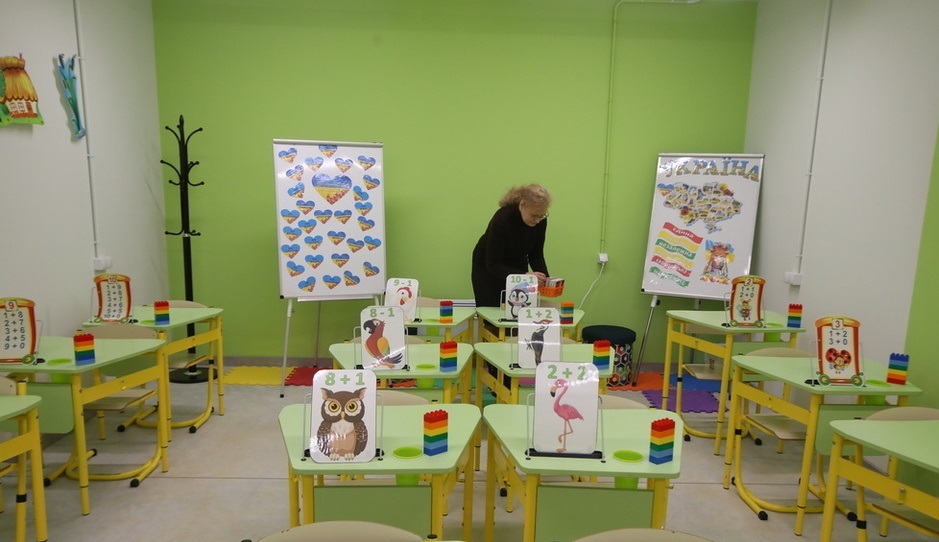The business case for creativity
In today’s corporate landscape, creativity is no longer confined to the marketing department, says David O’Hearns Keir Starmer has said we are in the midst of a “creativity crisis”, with arts subjects having been diminished and devalued for well over a decade. His recent speech said that the creative industry is essential for our economic [...]


In today’s corporate landscape, creativity is no longer confined to the marketing department, says David O’Hearns
Keir Starmer has said we are in the midst of a “creativity crisis”, with arts subjects having been diminished and devalued for well over a decade. His recent speech said that the creative industry is essential for our economic growth. But what about non-creative industries? Does creativity have any economic value within the corporate world? What knock-on effects might there be if we start to see creativity valued more across the UK, and we start doing something radical like having creative directors on the board for non-creative businesses?
Well, in today’s corporate landscape, creativity is no longer confined to the marketing department. It’s a rarely-used force that, when nurtured organisation-wide, can completely change the way a company runs.
Imagine a creative director working alongside the financial director. If you’ve heard the story about a toothpaste company increasing sales by 40 per cent by “making the hole bigger“, you’ll understand that leveraging creativity to understand customers better can drive sales in unexpected ways.
Creative solutions can also enhance the customer journey. By thinking creatively, companies can streamline processes, saving time and internal costs. Sometimes it just takes someone thinking in a different way.
From a customer perspective, a creative director can ensure everything a brand does aligns fully with the core values of the company, which can be hard to keep front of mind otherwise. From here, they will work with the marketing team to make sure the company communicates that outwardly, potentially reaching a wider audience and increasing brand awareness and market share.
While not an immediate priority for all businesses, the tide is turning. More companies recognise creativity’s potential. While high-profile creative director appointments may not flood the market yet, the seeds of change have been planted.
David O’Hearns is founder and managing director at Dawn, a creative agency on a mission to rid the world of bad design and poor communication.



